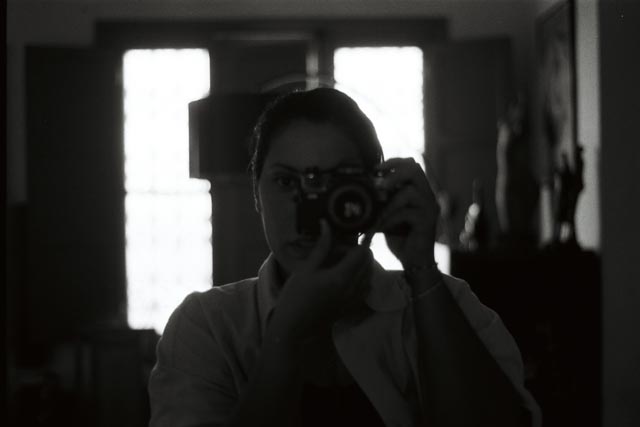Let Me Weep Beneath Your Beauty
An attempt at deconstructing the complexities of Cape Town
Reflections on art as resistance, as a tool of world-buidling.

We watch, in horror, a people be erased from the surface of the earth. As the machinery of capital funds the erasure. As we contort ourselves to make room for new languages to mask the atrocities. What does material resistance look like? Where does art fit into this world in decay? Is there room for world-building, the way Malcolm and Biko, Audre, Darwish, Ngugi, Nina, and Fanon taught us to? The kind of world-building that doesn’t flinch?
Here, when I say World-building, I do not mean some aesthetic indulgence. Not when the ground is being stolen from under us. Not when maps are redrawn in blood. I mean the practical blueprint towards the Utopia. Don’t we first need to be able to imagine the Utopia? Malcolm taught me that the mind must be free before the body can follow. So we imagine, because imagination is the first battleground. The system wants our dreams anesthetized and wired to obey. But dreaming is dangerous when it refuses their logic. To learn, as Fanon’s Wretched, not to sleep to dream “but dream to change the world”.
Find the horizon. Now look beyond it.
Ngugi taught me that the “cultural bomb” the imperialist world continuously attacks us with, aims to
“annihilate a people’s belief in their names, in their languages, in their environment, in their heritage of struggle, in their unity, in their capacities and ultimately in themselves.”
I refuse to see art as a distraction, a soft comforting beauty. I, through my art, must become a weapon. Make myself and make my art indegistible if need be. Audre Lorde said “poetry is not a luxury”: poetry is how we name what tries to kill us. A figment of the not-yet, pulling us collectively towards where freedom lies. (Collectively: make note of it).
A figment of the not-yet and also a key to resurrect what was buried. What came before… Before the colonization, before the occupation, before the rubble, before the whitewashing, before we forgot who we were. Biko taught me that the colonizer’s greatest weapon is the mind of the colonized. I vow to rip that weapon from their hands.
In the making of works and worlds, we must learn to cry and laugh, simultaneously. That’s what Darwish taught me. A far-removed witness to the burrial of his people, in grief and sorrow and yet in constant celebration of life, love and beauty. Words, from exile, from absence, that have allowed Palestine to live on in all our minds and hearts. He wrote people back into memory, through sorrow and hope. He called it “an incurable malady”. Not naïve hope, but ancestral hope. The kind forged in dispossession. The kind you can’t bomb out of a people. He taught me the kind of hope that plants seeds in scorched earth and says: I dare you.
I do not have weapons so let my art turn me into a weapon.
Nina Simone taught me that
“An artist’s duty is to reflect the times.”
We do not create from innocence nor from a neutral place because the weight of inheritance walks alongside us. That inheritance consists of displacement felt in our bones and tongues that were ambutated. But we build anyway, don't we? With fragments and scraps and memory.
We build remembering one thing: No empire on Earth is eternal. So let us build the Utopia, that will seep into the cracks. That is how we break open the future.
Saidiya Hartman taught me that we can be critical fabulators: use imagination as methodology. This means we must invent and tell stories inside ourpast struggles, not seperate from them.
To build a world inside the wreckage is devotion. It is remembering that rebellion can be painted, danced, or sung. Some come in the form of a soul-awakening jazz solo at the piano. Some as a camera filming faces and bodies and trees.
They want us to forget. Isn't that the essence of how domination works. It erases bodies from the earth but also visions. To create now, when the world is being leveled in front of us, is a political stance. To create now is a declaration that we still have skin in the game. We still believe in a world that doesn’t yet exist. And we will keep making it, image by image, word by word, until it does.